2021-22 Sponsored Research in the College of Arts and Sciences
The College of Arts and Sciences faculty are engaged in a great number of research projects across our three divisions, Natural Sciences, Social Sciences and Humanities. Across our college’s more than 50 departments and programs, over $75 million in grant dollars are at work uncovering answers to some of the world’s most pressing questions. Here’s a snapshot of what researchers at the College of Arts and Sciences investigated for funded projects in the 2021-2022 academic year, along with featured stories showcasing the breadth and depth of our faculty’s work across the college.
Our Research in Action
We handpicked research projects from across our three divisions to highlight this year. These features were chosen collaboratively by divisional deans and communications staff, selecting for the following criteria: interest, innovation, inclusivity, size of grant, and alignment with Provost Initiatives (environment, innovation, sport and wellness, data science and diversity). Dive into the research and learn about why our faculty are so invested in what they do and the impact they’re making on the world.

A closer look at the intersection of sleep, stress and alcohol
Researcher: Melynda Casement, Psychology
Mechanisms of Risky Alcohol Use in Young Adults: Linking Sleep Duration and Timing to Reward- and Stress-Related Brain Function
Examining the relationship between sleep quality and psychological response to stress and reward could reveal insights to help break the cycle of poor mental health and poor sleep health in young adults.
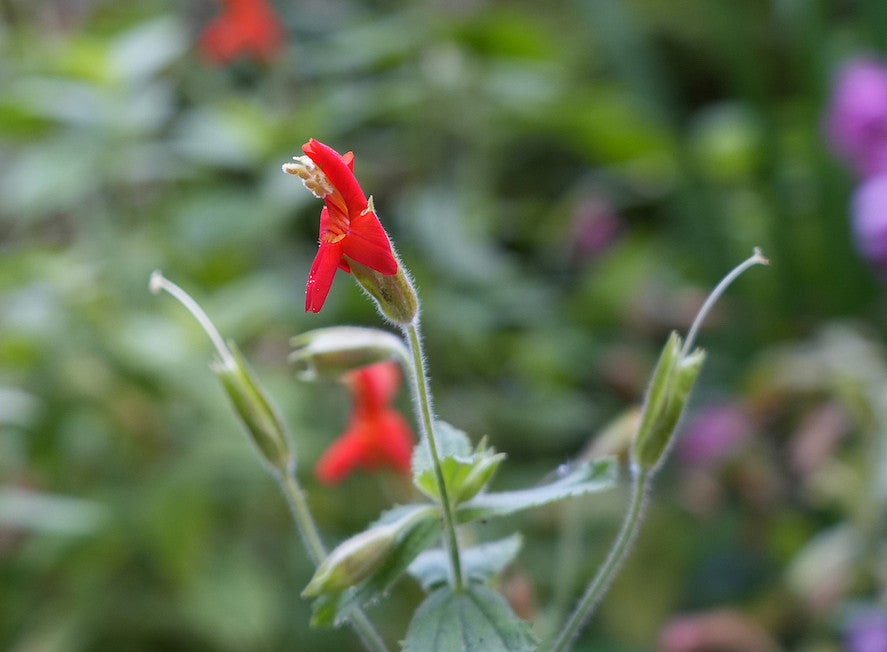
Lessons from a native wildflower’s story of evolving with climate
Researcher: Jeff Diez, Biology
Collaborative research: BEE: Integrating Evolutionary Genetics and Population Ecology to Detect Contemporary Adaptation to Climate Change Across a Species’ Range
“Earth’s climate has changed already due to our carbon emissions, and is going to change more, and it's important to figure out what is going to happen to earth’s biodiversity, which people value for a wide variety of reasons,” says Jeff Diez, an associate professor in the Department of Biology at the University of Oregon.

Can health tips in a text message reduce HIV risk for trans youth?
Researcher: Zachary DuBois, Anthropology
Harnessing the Power of Technology to Develop a Population-based HIV Prevention Program for Trans Girls
Emerging studies suggest that transgender girls may be more likely than other youth to be HIV positive. It also appears that LGBTQIA+ youth and adolescents who may be affected by health inequities may lack resources for prevention and education regarding sexual health and safety.
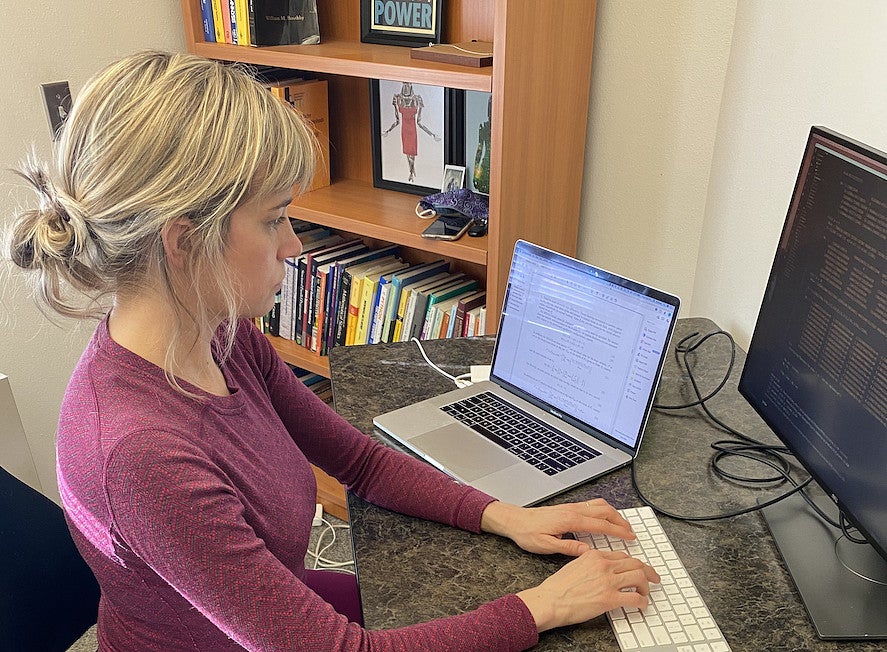
The data science of predicting earthquakes is getting smarter
Researcher: Brittany Erickson, Computer Science and Earth Sciences
Collaborative Research: Exploring System-Wide Events in Complex Fault Networks using Fully-Dynamic 3D Earthquake Cycle Simulations
Earthquakes are often a back-of-the-mind threat for residents of the Pacific Northwest, but nevertheless a growing concern as the years go on. A better understanding of earthquake processes, including nucleation and shaking, and its associated risks to communities, would provide residents with more peace of mind.
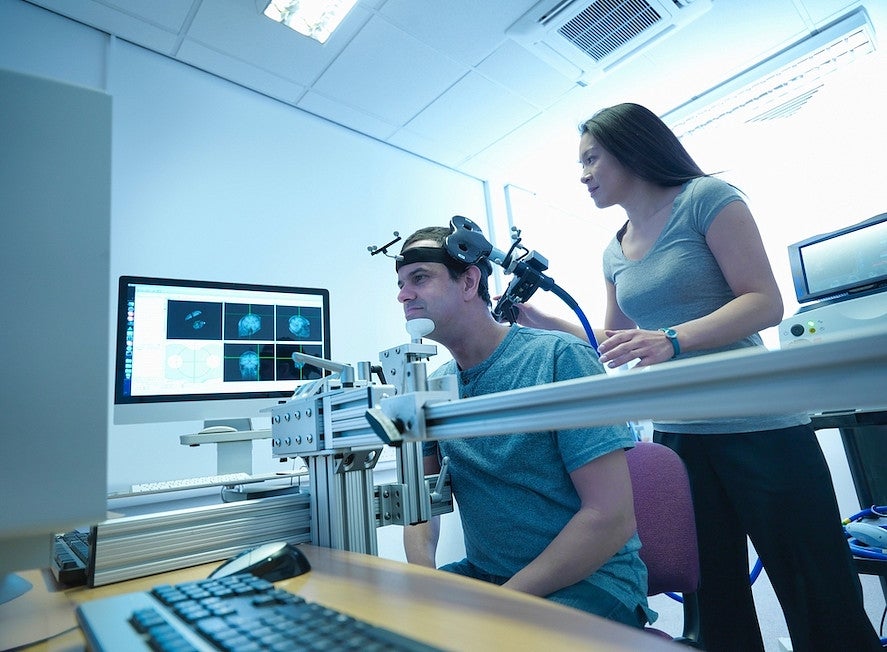
Human physiology professor seeks to answer a small question with a big benefit
Researcher: Ian Greenhouse, Human Physiology
National Institute of Neurological Disorders and Stroke at the National Institutes of Health
If a person thinks about moving their index finger, and then actually moves it, what changes between those two states? How do people transition from thinking about a movement to then performing that movement?
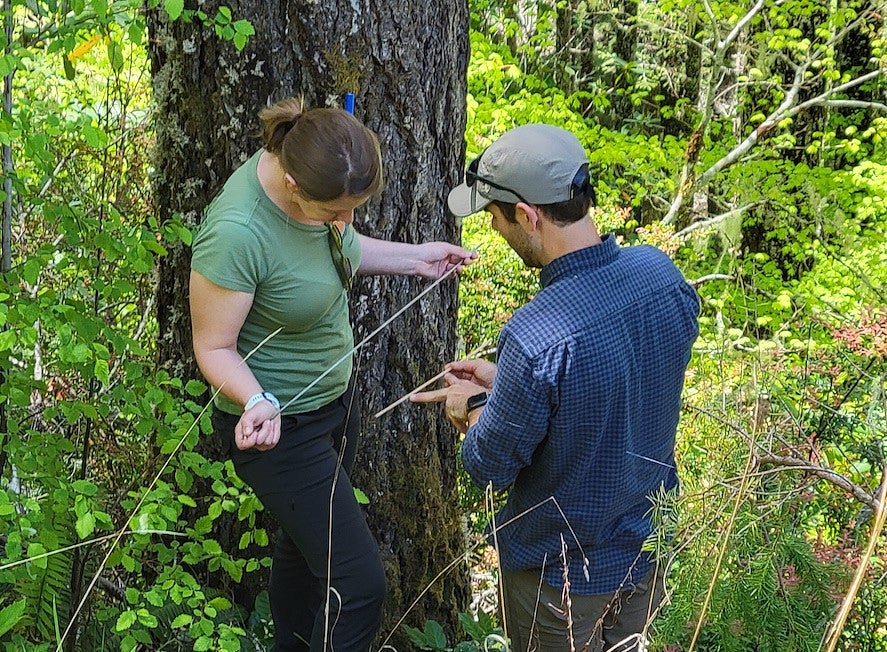
Preserving our state’s forests for generations to come
Researcher: Melissa Lucash, Geography
Simulating Forest Management in the Elliott State Forest
The Elliot State Research Forest is home to 93,000 acres of dense forest just north of Coos Bay, Oregon, and is a source of rich biodiversity, providing trees and streams that house endangered species and timber production to support employment in surrounding rural areas. Preserving this rich forest is a priority for the state.
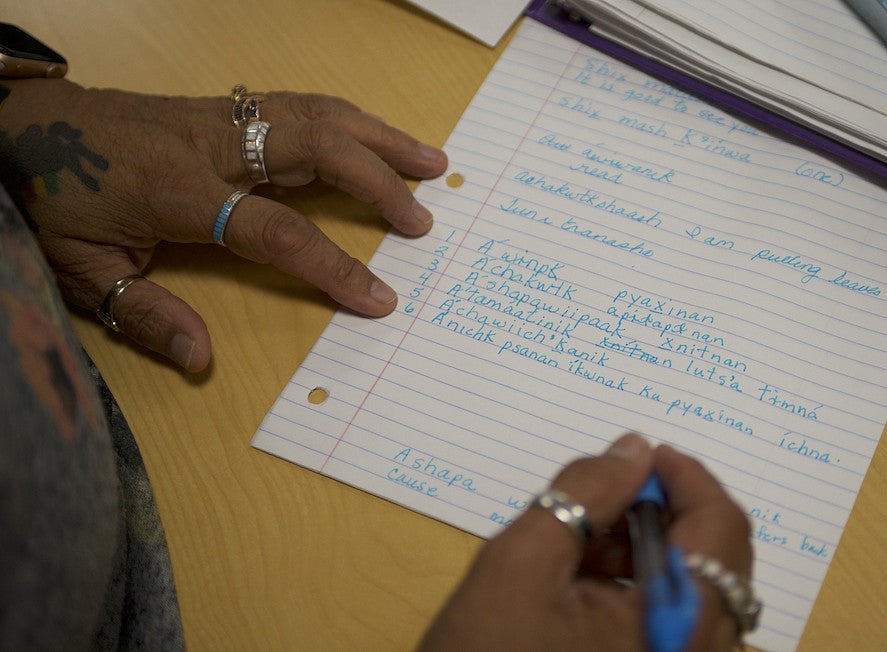
Re-awakening dormant Native languages through online tools
Researcher: Gabriela Pérez Báez, Linguistics
Strengthening Distance Learning for Indigenous Languages in Response to the COVID-19 Pandemic
Across the United States, over 65 Native American communities are revitalizing their languages after a period of dormancy without speakers. This process of revitalization is of significant importance and benefit to these communities and the preservation of their cultures.
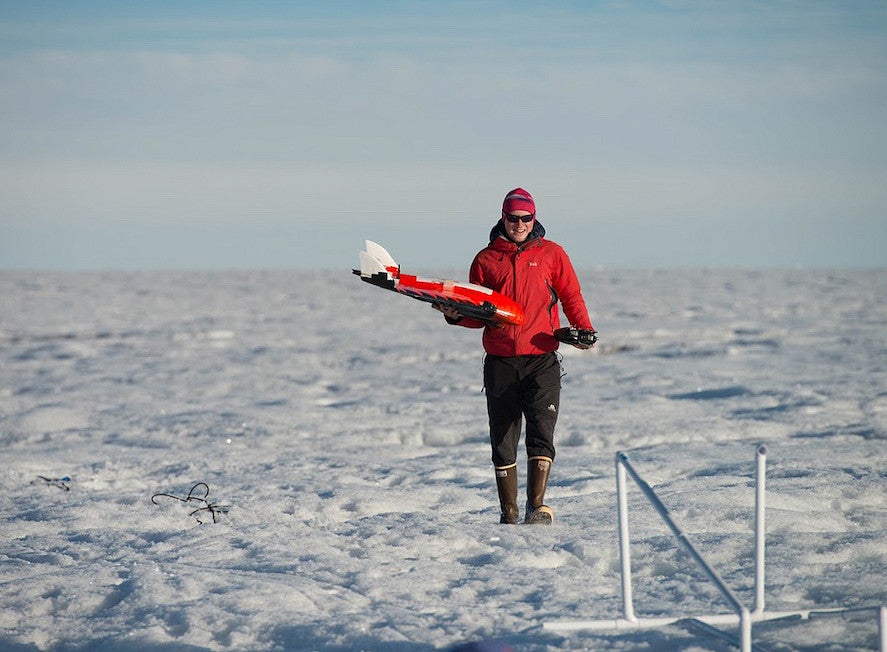
Why climate scientists who study ice have their heads in the clouds
Researcher: Johnny Ryan, Geography
The Role of Clouds on Greenland Ice Sheet Surface Melt
The Arctic’s melting glaciers and ice sheets directly cause a rise in sea levels, worsening the effects of storm surges and those associated with coastal erosion. This can have a drastic effect on low-lying coastal communities such as those in western Oregon. While the effects of global warming and climate change in the Arctic are irreversible, researchers are finding ways to predict changes in sea-level rise movements to alleviate the anxious uncertainty surrounding our planet’s future.

A new archive platform transforms the publishing field
Researcher: Helen Southworth, English
Social Science and Humanities Research Council of Canada Insight Grant
Noteworthy scientific research is abundant in the University of Oregon’s College of Arts and Sciences, ranging from human physiology to environmental science. However, important research is happening in humanities disciplines, as well, whether it is furthering social justice and equity or providing a deeper understanding of cultural development. One great example of humanities research is evidenced in a recent grant to an English faculty member.
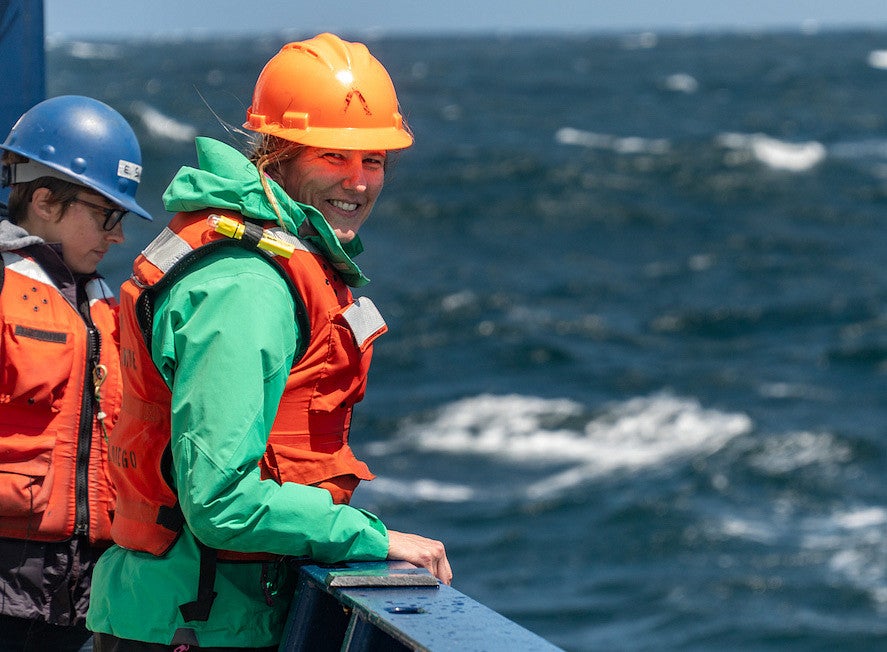
Giving voice to the microscopic members of oceanic food webs
Researcher: Kelly Sutherland, Biology
Collaborative Research: Plankton-size Spectra and Trophic Links in a Dynamic Ocean
Marine plankton exist as the base of most ocean food webs that support and sustain valuable fisheries. These complex and diverse food web communities are composed of organisms that drift with ocean currents. Planktonic organisms remain understudied: researchers find them difficult to sample given that their sizes span from less than one micron to meters.

